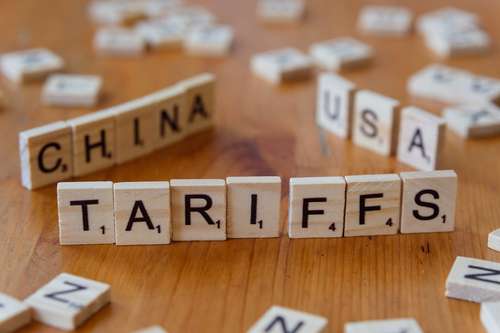In recent years, Russia has actively pursued closer ties with African nations, exemplified by the recent Russia-Africa summit and debt forgiveness announcements. These developments signify the increasing significance of Africa in Russia's foreign policy.
The relationships between Russia and specific African countries are of particular interest due to their pro-Russian stances. The reasons behind their alignment with Russia encompass multifaceted factors, including robust economic and military cooperation, shared political interests, and deep-rooted historical connections.
Like China, these African countries view Russia as a strategic partner, and their support is shaped by a complex interplay of interests that span various spheres. The examination of these cases sheds light on the dynamic nature of Africa-Russia relations, where both parties find mutual benefits in cultivating their ties.
Here are seven of the Pro-Russian African countries and the reasons they stand with the transcontinental country.
Angola

Angola's relationship with Russia is a product of the Cold War when the country received military and economic support from the Soviet Union. Since then, Angola has continued to maintain close ties with Russia, which has provided a range of benefits, including military assistance and economic cooperation.
In the last few years, Angola has emerged as one of Russia's major trade allies in Africa. The two nations have managed to establish bilateral trade worth more than $1 billion in 2021. Despite some setbacks, like the fall in oil prices, Angola continues to be a crucial partner for Russia in the region.
Sudan

Sudan's relationship with Russia has also been shaped by history, as the Soviet Union supported the country's independence from Anglo-Egyptian rule in 1956. Since then, the two countries have maintained close ties, with Russia providing military and economic support.
In recent years, Sudan has relied on Russian support in the face of international sanctions, and the two countries have worked together on various projects, including in the energy sector. Sudan has also become an important partner for Russia in Africa, with bilateral trade reaching over $1 billion in 2020.
Burkina Faso

Burkina Faso and Russia are strengthening their ties through economic, security, and diplomatic collaborations. One significant area of cooperation is the defense sector, where Russia has been providing military aid, training, and equipment to Burkina Faso in its fight against Islamist extremist groups.
In an effort to break free from neocolonialist policies, the former French colony successfully staged a coup that severed its military ties with France. The coup was led by a strict Burkinabe General named Ibrahim Traore and has resulted in a shift toward Russia, with the new leader referring to Russia as a "strategic ally." Despite this, the military leader was quick to assert that Russia did not have any direct involvement in the coup, stating that "Our army fights alone."
South Africa

South Africa has a more complex relationship with Russia due to its history of non-alignment during the Cold War. However, in recent years, South Africa has moved closer to Russia, strengthening their relationship, with the two countries cooperating on several projects, including nuclear energy.
One of the key factors driving South Africa's relationship with Russia is the country's desire to diversify its foreign policy, moving away from its traditional reliance on Western powers.
Algeria

Algeria's relationship with Russia has its origins in the Cold War when the Soviet Union provided military and economic assistance to the newly independent country. This support was critical to Algeria's development, and the two countries established close ties.
In the decades that followed, Algeria relied on Soviet and then Russian weapons, and the two countries signed several economic and trade agreements. In recent years, Algeria has deepened its relationship with Russia, expanding cooperation in energy and infrastructure projects.
Egypt

Egypt's relationship with Russia is influenced by both economic and strategic interests. Egypt is a major market for Russian weapons, and it also relies on Russian energy imports.
Additionally, Egypt sees Russia as a counterweight to Western influence in the region, and it has supported Russia's position on the conflict in Ukraine. However, Egypt also has close ties with the United States and other Western powers, which sometimes complicates its relationship with Russia.
Mali

Mali and Russia have established strong military ties, collaborating on training, equipment, and information sharing. Russia's support includes helicopters, military advisers, and training for the Malian military. Both nations signed defense cooperation agreements, aiding Mali in its fight against terrorism and efforts to maintain stability. This partnership exemplifies Africa and Russia's relations, highlighting African countries' willingness to support Russia in its endeavors.
The relationship between Africa and Russia is marked by diversity and complexity. Certain African nations exhibit stronger alignments with Russia, while common themes such as economic and security interests resonate across the continent.
The dynamics of these relations remain fluid, with continuous evolution and adaptation. Some African countries actively support Russia in various aspects, fostering a multifaceted partnership that goes beyond fixed alliances.
Economic ties and security concerns are key driving forces shaping the interactions between Africa and Russia. As regional dynamics shift and new developments arise, the connections between the two entities continue to evolve, creating a dynamic landscape of African-Russian relations.




